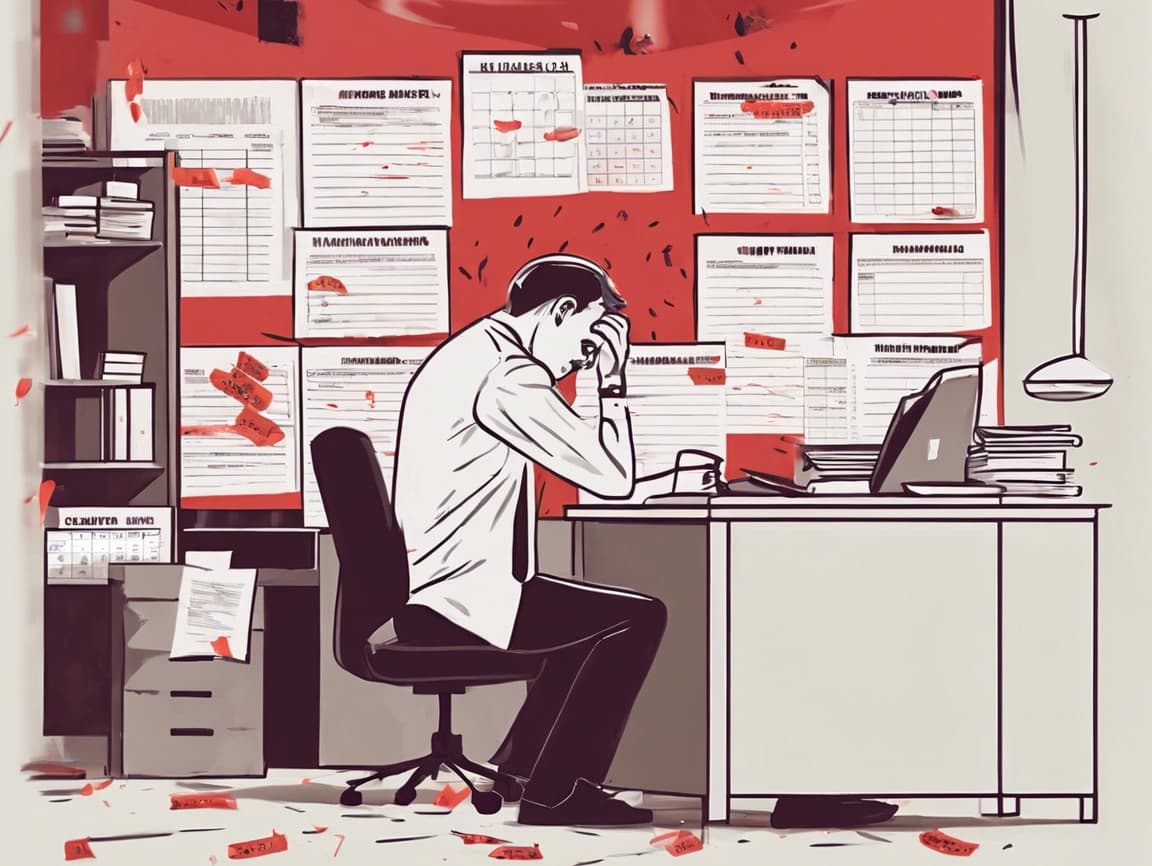How losing my $80k/month solo-founder startup taught me Conscious Capitalism

I recently read two books that are complete opposites of each other. The first, Woke, Inc. argues that a business that portrays itself as doing social good is likely, not genuine; it's all marketing. The second, Conscious Capitalism, argues that each company should strive for the common good. Today, I want to tell you my story on how making $80k a month as a solo founder and then losing it all taught me that Conscious Capitalism was the way forward.
When I was in my 20s, I founded Sharkius Games. I channelled my love for video games into a business that was driven by the idea of profit. For a game to be successful, it just had to make money. I loved games, and I liked making games, but it quickly became all about the money. Some players spent $20,000 a year on our games. Crazy.
Within a few months, I was making $80,000 per month, a lot more money than I had ever imagined having at this age. I decided we had to do more; after all, our competitors were making millions per month, and why should we be left behind?
I hired a small team, and I tried to get investors, but when attempting to raise money from Angel investors, they always asked me one excellent question that tripped me up. They asked, why are you doing this? My answer to their questions was always to make more money. This seldom resonated with investors. I didn't get it.
Wasn't the point of business to make money? In fact, famous angel investor Jason Calacanis says in his book "Angel" that this is one of the top worst answers an entrepreneur can give. I was naive. Inexperienced.
The more successful that first business became, the more that question popped up in my head. Why exactly do we need all this money? Can the people spending all this money on our product afford it? What benefit are they getting in their lives? The first seeds of a more humanistic product development approach were sprouting.
At first, as Woke, Inc. describes, I used simple gimmicks to feel better about what we were doing. For every X active players, we would save Y acres of rainforest, for example. Or we would donate to save the gorillas when people played our Zoo Game. This was better than nothing. However, all of these were bandaids hiding a deeper issue, ala Woke, Inc.
The social game industry quickly became unsavoury as each social game aimed to maximise profit without ever stopping to ask these important questions. For example, during GDC 2010, Zynga's CEO famously said that he used "every dirty trick in the book" to maximise their profits. Boy, they really did.
The investors were right, and I needed a good why. Over the next several years, I read a lot of philosophy, psychology and business books and started figuring these things out. I landed on Chess and made @Chessable because Chess is a game that can add many essential qualities and dimensions to people's lives.
Chess can teach you about time management, prioritisation, strategies, and the consequence of your actions. Chess can teach you to keep your emotions in check and keep your balance. This ancient game had it all and was a worthy cause to fight for. I spent several years in the industry, and aside from a few issues that exist without Chess, it was a breath of fresh air compared to Social Games.
Having a strong why not only helped me as a founder get through the dark days, but it helped recruit the right investors and the right team. The Why helped us gain a community and fanbase, it helped us work with excellent chess teachers and authors, and it helped us close important partnerships.
The Why, has allowed me to be proud of my work so I can tell my children and grandchildren about my life's meaning. The Why within Chessable was genuine and part of our heartbeat. It was adopted by our team and many individuals who lived it and helped create this fantastic community. Thank you, everyone.
Many modern companies are genuinely infusing their capitalistic efforts with important Whys. From the top of my head, we have Toms, Patagonia, Allbirds, Headspace, Calm, Tesla, etc. I hope to see this trend continue. I will continue to work only if I have a genuinely good Why, and I hope many founders continue to do the same. Woke, Inc., needs some serious rewriting. Don't you think?